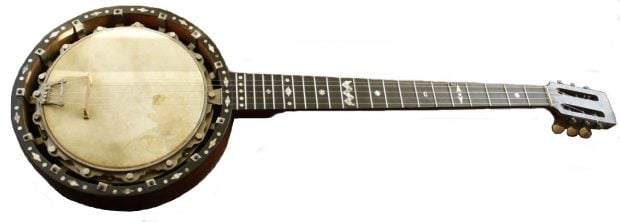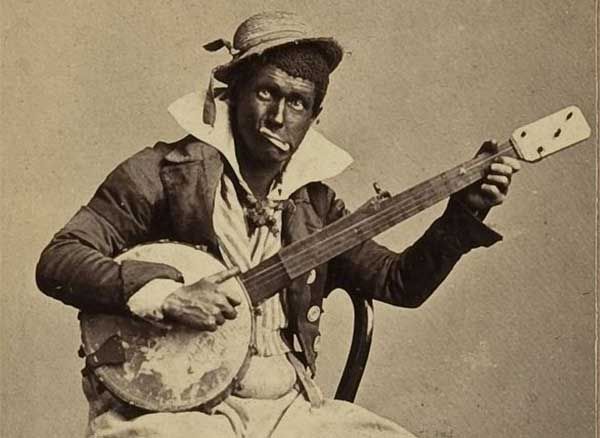Cultural Appropriate and The Banjo
The banjo is described as being an instrument very similar to the Kora and typically has four strings. Commonly seen a white instrument contributed to “red-necks” or “hillbillies” the banjo has a long and intensive history, but its origins can be traced back to Africa. The instrument being brought over during the Atlantic slave trade to North America, The history of the banjo symbolizes the culture stealing done by white people in America.
In the antebellum south, post-slavery, African-Americans began playing the banjo more often which drew the attention of a man named Joel Walker Sweeney. Sweeney learned to play the banjo from African-Americans, only to take their instrument and perform in minstrel shows, on top of this he changed parts of the instrument giving it five strings instead of four.
The problem with this is, when a white man uses a black instrument in origin to mock black people for the entertainment of others it is inherently problematic. There was no recognition to the African-Americans who taught him how to play the banjo nor the African Americans who were playing it long before him. Sweeney received all the recognition and is even credited for “advancing” the banjo to modern times.
The usurption of the instrument began to bury the true origins of the banjo. After Sweeney, the banjo became known as a “white” instrument, In the Ted Talk “Bones and Banjos: confronting cultural appropriation” Jake Hoffman stated, “it became so deeply appropratized, that by the time I started playing I thought it was the essence of rural white music.” This is due to the fact that it became erased within history as Sweeney and his minstrel shows began to tour around the world and never credited the culture from which he learned it. Thus, the instrument is accredited to whiteness.

The banjo is the most prominent example of the damages of culture appropriate. It has become synonymous with whiteness, to the point where there are not many black banjo players. The banjo has a deep and dark history starting with rural white America, but it also shows the importance of acknowledging cultural appropriation as a detrimental tool against marginalized communities.



